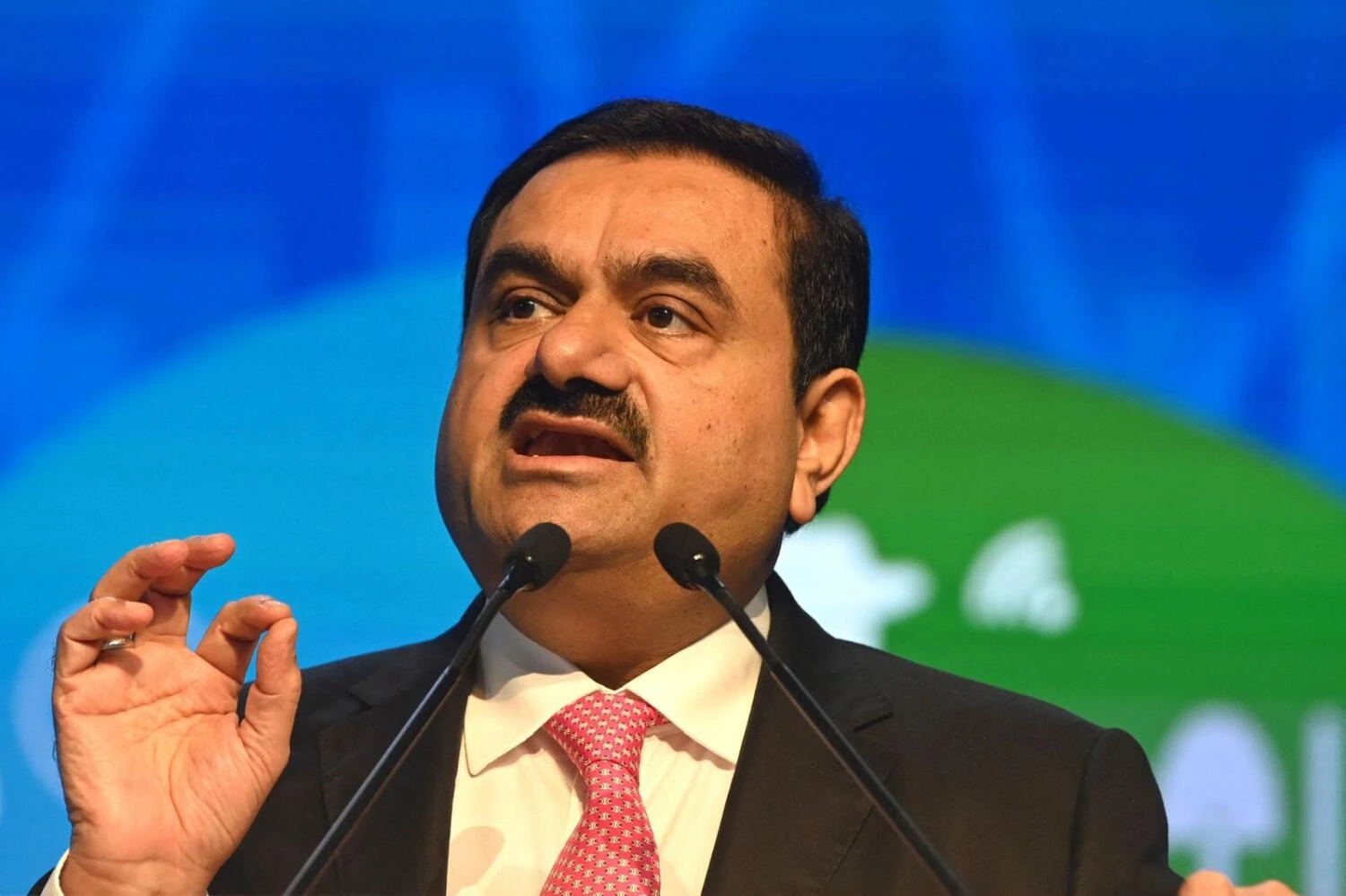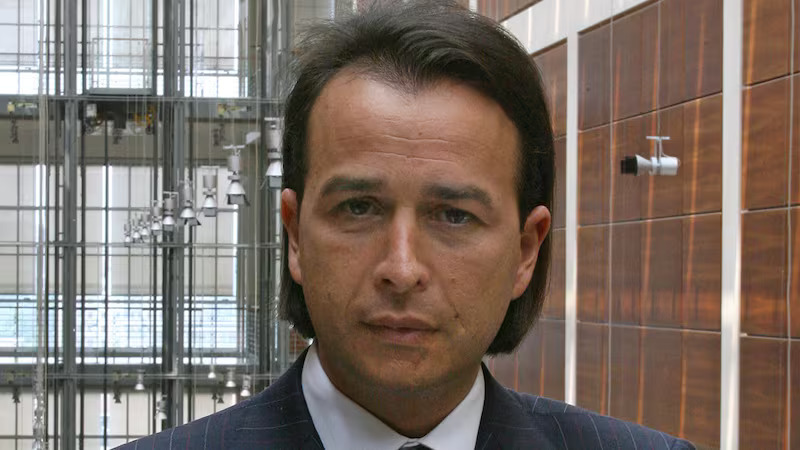Gautam Adani: The Billionaire Under Global Scrutiny, Tied to India and Dubai
Indian billionaire Gautam Adani, renowned for his meteoric rise from a modest background to helming one of the world’s largest business empires, is now at the center of global controversy. Recently indicted in New York for a $265 million bribery scheme, the first-generation tycoon finds himself grappling with legal and reputational challenges that span continents, including India and Dubai, where his business influence is prominent.
From Ahmedabad to the Global Stage
Born in Ahmedabad, Gujarat, on June 24, 1962, Adani’s journey epitomizes the classic rags-to-riches story. Dropping out of school at 16, he began his career in commodities trading, eventually founding the Adani Group in 1988. Starting modestly, the conglomerate now spans industries including power, ports, and renewable energy, with a presence in key markets like India, Dubai, and beyond.
Despite his success, controversies have dogged his ventures. In Dubai, Adani’s presence is evident through trade links and infrastructure projects that tie India’s economic ambitions to the UAE’s strategic growth.
Legal Battles and Allegations
Adani’s troubles escalated recently with allegations of bribery and fraud. U.S. authorities revealed that Adani, alongside seven other defendants, allegedly paid bribes to Indian officials to secure lucrative contracts, including one tied to the development of India’s largest solar power project. These contracts were expected to generate $2 billion in profits over two decades.
This follows the dramatic fallout in 2022 when Hindenburg Research, a U.S.-based short seller, accused the Adani Group of financial irregularities and misuse of offshore tax havens. While Adani vehemently denied the allegations, the group’s market valuation plunged by $150 billion before partially recovering to $141 billion.
Political Connections and Criticism
Adani’s proximity to Indian Prime Minister Narendra Modi has made him a focal point of political debate. Critics have accused Modi’s government of favoritism, particularly in awarding Adani contracts like the redevelopment of Dharavi, Mumbai’s massive slum. Both Adani and the Indian government have denied these claims.
Internationally, his projects, such as coal and renewable energy initiatives in Australia and Bangladesh, have also drawn scrutiny.
A Family-Driven Empire
Adani’s family plays a significant role in his business empire. His sons, Karan and Jeet, are actively involved in company operations, with Adani expressing a desire to hand over the reins by the time he turns 70. Despite his high-profile persona, Adani describes himself as a “shy” individual, attributing his global recognition partly to political attacks.
Dubai’s Ties to the Adani Legacy
Dubai has been a pivotal hub for Adani’s operations, serving as a gateway for global trade. The city’s strategic location has complemented Adani’s vision of connecting India’s ports and logistics networks to the world.
As a testament to his global ambitions, Adani recently announced a $10 billion investment in U.S. energy and infrastructure projects, aiming to create 15,000 jobs.
A Complex Legacy
Adani’s journey, deeply intertwined with India’s economic aspirations and Dubai’s trade ecosystems, reflects the complexity of modern entrepreneurship. From narrowly escaping death during the 2008 Mumbai attacks at the Taj Mahal Palace Hotel to becoming Asia’s second-richest individual, his story is one of resilience and controversy.
However, with legal challenges mounting, Adani’s future hangs in the balance. His ability to navigate this storm will not only shape his legacy but also influence the economic ties between India, Dubai, and the broader global business community.
Source : Khaleejtimes




